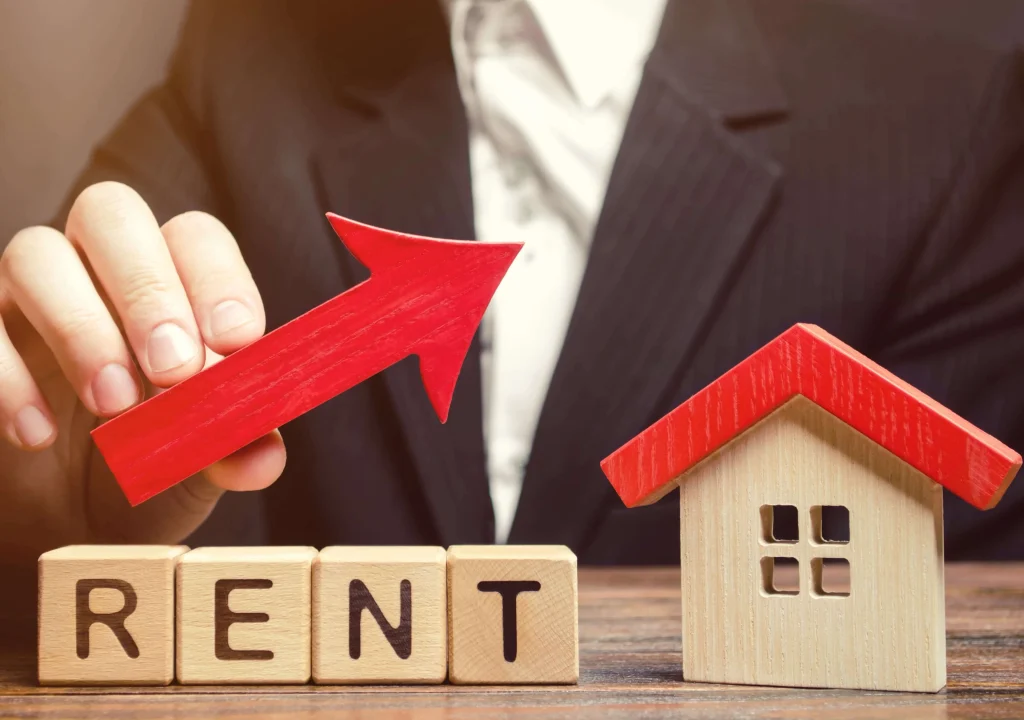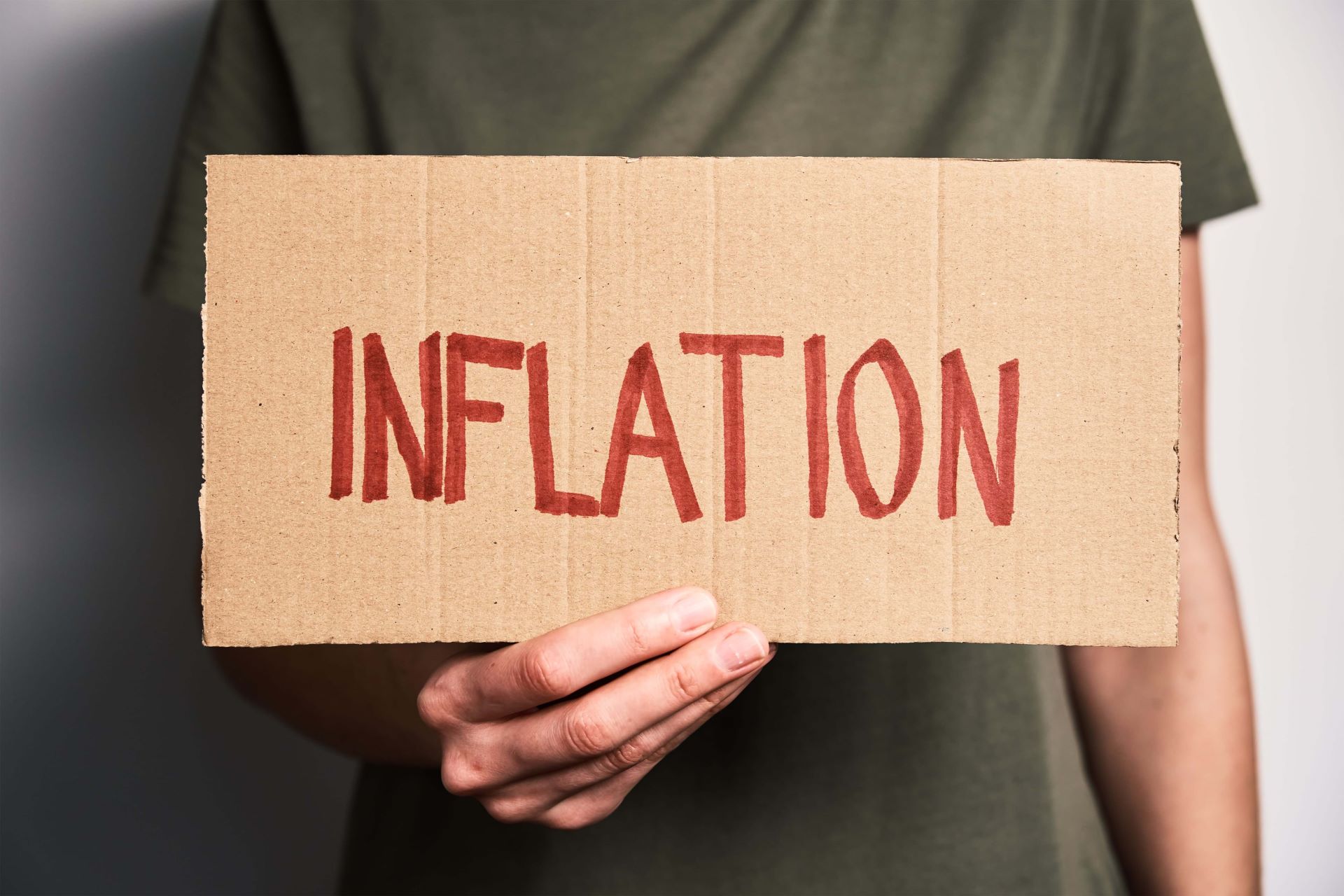Economic inflation is a common phenomenon in many (if not all) economies. It reveals the state of the economy as a whole and establishes the value of your money. Although inflation is very important for economic growth, excessive inflation might trigger a recession that would affect a wide variety of industries and, if poorly managed, could cause investors to fail.
What is economic inflation? How does it affect the real estate industry and you as a current or potential investor? If you are among those who aspire to secure a residential property such as a house and lot or condo for sale in the Philippines, then this article will tell you all the things you need to know.

What Is Economic Inflation?
Inflation pertains to the rate of increase in average prices of goods and services over time. When the inflation rate is high, the cost of products and commodities increases. Meanwhile, when inflation is reduced or stays the same, the prices of goods and commodities remain constant. In layman’s terms, inflation determines how much money is worth over time. That is to say that the Php 1,000 you have today will not be able to buy as much in the years to come. With inflation comes rising prices and a decrease in purchasing power.
There are a variety of factors that can drive inflation in an economy. Typically, it is due to the gradual rise in the cost of goods and services throughout the economy, or otherwise, it is due to an increase in demand.
What Are the Effects of Economic Inflation on the Real Estate Industry and on Real Estate Investors?
The rising inflation rates can be a pain to consumers in many industries. However, for the housing market and say a real estate investor, this increase can be an opportunity to acquire real returns from real assets. This then begs the question: Is economic inflation good for real estate?

Although the industry has its own share of ups and downs, real estate is generally a great investment option. It allows you to generate ongoing passive income and it appreciates in value over time—therefore the greater you hold it, the higher your returns will be. This makes it good for an inflation hedge with fewer risks as it is a more stable sector to invest in. To further elaborate, here is an in-depth analysis of how the real estate industry reacts to higher inflation rates and whether inflation affects real estate demand.
As inflation rises, property values increase

As previously mentioned, inflation drives up the cost of commodities, in which similar circumstances also exist in the housing market. Building a new house and lot or condo for sale requires more capital from real estate developers as the cost of the raw materials, equipment, and supplies needed to complete the project rises. To offset that increase, property values must inevitably spike. For real estate owners, this can work to their advantage as they can essentially develop equity for free. However, rising costs and higher loan rates could make it difficult for potential purchasers or new investors. Nevertheless, individuals who are able to purchase solid properties are put in a market with increasing housing values, which can also be used as an alternative reliable source of income. Additionally, the value of condominium properties typically increases at a rate that is almost always higher than the inflation rate.
As inflation rises, mortgage rates increase

The cost of borrowing and interest rates are often fairly high when inflation rises. This is done to deter individuals from borrowing since, if uncontrolled, it could cause the economy to overheat. Higher mortgage rates can lead to steep home property prices, forcing many people to continue renting. Though this may not impact current homeowners who have a fixed mortgage rate that much, for investors who are just getting started, this might be a dissuading factor. Fortunately, there are numerous ways to learn how to invest in real estate with little to no money.
Unbeknownst to some, rising mortgage rates have a favorable effect on the real estate sector since they drive out the marginal buyer and safeguard the housing market’s long-term viability. Higher borrowing rates contribute to fewer marginal lenders, who are more likely to flout laws governing responsible property ownership. Real estate is a long-term investment that requires quite capital. Given the size of the investment, investors must meet strict criteria established by real estate developers, such as having a steady source of income and good credit to demonstrate their financial stability. Fewer marginal buyers assist in guarding against a wave of short sales and bankruptcies that could affect other buyers and existing homeowners. More than that, higher mortgage rates help enhance the quality of the market for the long-term health of the industry.
As inflation rises, rental rates increase

Higher inflation may also result in higher housing and rent costs. Most individuals would rather choose to rent than purchase a property due to the high mortgage rate. Consequently, when there is an influx of renters and a great demand for rental spaces, landlords will be encouraged to increase their rental rates. If you are a tenant, this may not be good news for you. But for the rental property owners, this situation is ideal—at least depending on how they will utilize it to their advantage. For instance, real estate owners can use this opportunity to enhance profits while passing on the increased costs to their tenants.
When borrowing costs are high, tenants are more prepared to pay higher rent than they are to take out an unaffordable mortgage to purchase a house and lot for sale. Although there are restrictions on how much rent increases can be made by property owners, in general, this will provide a steady revenue flow regardless of the state of the economy—further justifying how a real estate investment is less risky with great returns due to its inflation hedging properties.
Economic inflation affects everyone in any economy. It is an inevitable occurrence that is bound to make the value of your investments higher, lower, or constant. Nonetheless, regardless of the many drawbacks, it brings, it also has numerous advantages that can play out to your benefit depending on how you manage it. The bottom line is that knowing how it can affect you in various aspects and weighing the pros and cons of every decision can take you places. Be wise and informed.


